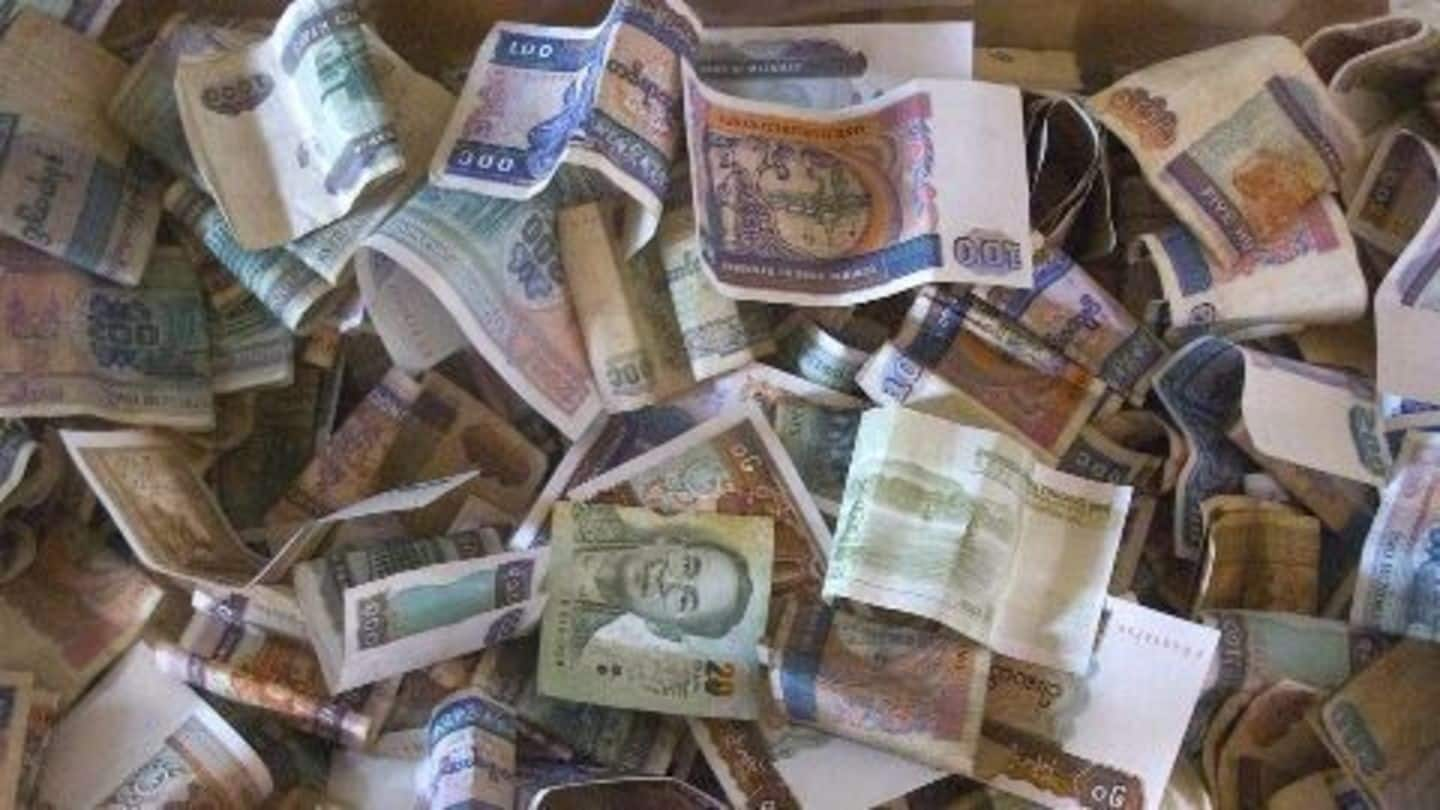
Myanmar opens new stock exchange
What's the story
Myanmar launched the Yangon Stock Exchange (YSX) in one of the most significant steps toward economic reforms in the former military-ruled South Asian nation. The YSX was founded by the state-owned Myanmar Economic Bank, Daiwa Securities and Japan Exchange Group, that operates the Tokyo Stock Exchange. The launch marks another milestone in a series of political and economic reforms in Myanmar.
History
Political history of Myanmar
Myanmar became independent in 1948 and was led by U Nu of the Anti-Fascist People's Freedom League. U Nu was ousted in a coup in 1962 and was replaced by Gen Ne Wing who introduced socialism. The economy was nationalized and a single-party state was formed under the Socialist Programme Party. The military rule ensued until 2010-11 when electoral reforms began to take shape.
Economy
The Junta and economic reforms
In 1963, the government nationalized 14 foreign banks and 10 local banks signalling the start of economic regulation. In 1990, the Central Bank of Myanmar Law was passed to establish a modern monetary policy to revive the private sector. In 2002, the private banking sector collapsed causing a national financial crisis in 2003. In 2009, Myanmar agreed to open up to foreign private banks.
RSE
The Rangoon Stock Exchange starts trading
The first stock exchange in Myanmar was the Rangoon Stock Exchange in the 1930s. It was operated by several European firms and traded in British and American stocks. It closed down in 1941 during WW2. It was revived again in the 1950s to trade shares of nine public-private joint-venture corporations. It was shut in 1962 when all firms were nationalized by the military government.
MSEC
What was the Myanmar Securities Exchange Center (MSEC)?
Executives from Daiwa Securities met leaders in Myanmar in 1990 to discuss opening a stock exchange. In 1996, the Myanmar Securities Exchange Center was formed with an authorized capital of USD17 million as a joint venture between the Myanmar Economic Bank and Daiwa Securities. It listed 2 public-private joint-venture companies and began trading in 1996 but was discontinued as no new firms signed up.
31 Jul 2013
The foundation of YSX is laid
President Thein Sein signed the "Securities Exchange Law" on 31 July 2013, authorizing the creation of the Yangon Stock Exchange. He appointed Myanma Economic Bank to work with Japan Exchange Group and Daiwa Securities Group to initiate the process of forming the YSE. The joint venture was to be divided as Myama Economic Bank (51%), Daiwa Securities (30.25%) and Japan Exchange Group (18.75%).
Information
Other countries tried, but failed
One of the biggest fears for Myanmar officials is that the initiative ends up like its counterparts in Cambodia and Laos, which have both failed to take off after opening to much fanfare.
9 Dec 2015
Trading to begin in 2016
Trading in the newly formed YSX will not begin until February 2016. Experts assess that the initial public offering (IPO) requirements seem stringent for a market that has suffered years of dictatorship. Deputy finance minister Maung Maung Thein told local media that he expects at least six or seven companies to join the YSX at the start including Myanmar Citizen's Bank.